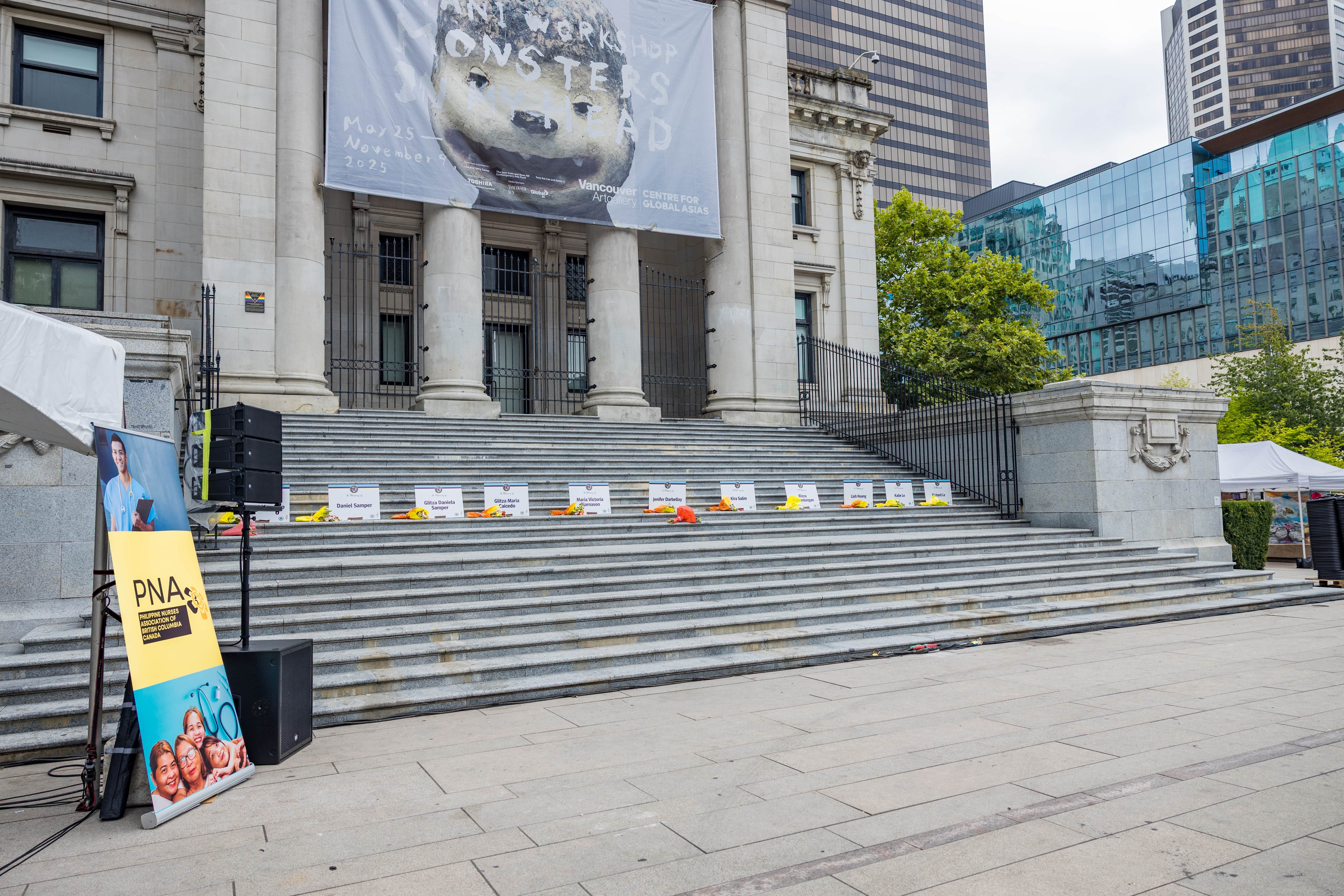Science Meets Storytelling
Through my writing, I explore how digital spaces shape mental health, trauma, grief, and resilience—particularly for youth and adults of color. I blend rigorous academic research with accessible, human-centered storytelling to elevate underrepresented voices and drive community-centered innovation.




Explore My Work

Academic Publications
Peer-reviewed studies that explore the digital lives of marginalized communities, advancing knowledge in social work, data science, and public health.

Articles and Essays
Essays that reflect on digital grief, emotional well-being, and the intersections of race, identity, and online life.

Media Features
Appearances and commentary in major media outlets unpacking how social platforms affect the emotional and social realities of people of color.

Spotlight on Impact


Digital Narratives of Grief and Resilience: Insights from the Integrating Emotional Stories Online (IESO) Platform
This interdisciplinary study examines how Black Harlem residents and New York City university students use social media to express grief and daily stress. Using the Integrating Emotional Stories Online (IESO) platform, researchers collected anonymous posts and analyzed them with qualitative and computational methods. Findings revealed four main themes: interpersonal grief, systemic grief, everyday stressors, and practices of self-care and joy.



Access My Writing
.jpeg)
Youth Gun Violence Prevention in a Digital Age
This article explores how social media both influences youth gun violence through normalization of conflict and offers opportunities for prevention by using digital data to inform timely, community centered interventions.

Accommodating Grief on Twitter: An Analysis of Expressions of Grief Among Gang Involved Youth on Twitter Using Qualitative Analysis and Natural Language Processing
This qualitative and computational study examines how Gakirah Barnes and her Twitter community express grief following two deaths over a 19-day period in 2014 and uses natural language processing informed by those insights to highlight how online mourning can illuminate emotional and physical violence in marginalized communities.

Stop and Frisk Online: Theorizing Everyday Racism in Digital Policing in the Use of Social Media for Identification of Criminal Conduct and Associations
This article published in July 2017 develops the concept of everyday racism in digital policing by examining how law enforcement interpreted social media posts by Harlem residents to justify criminal identification and arrests in a way that echoes racial biases in traditional stop and frisk practices.

Tweets, Gangs, and Guns: A Snapshot of Gang Communications in Detroit
This study analyzes more than eight million tweets from gang affiliated individuals in Detroit between 2013 and 2014 and finds that their communications often involve aggression, grief, and substance use while reflecting the social environment of violence and loss in their communities.

Parenting in a digital age: A review of parents' role in preventing adolescent cyberbullying
This literature review synthesizes research on how parental warmth and monitoring influence adolescent cyberbullying and underscores the importance of supportive parenting strategies in digital environments.

What’s a Threat on Social Media? How Black and Latino Chicago Young Men Define and Navigate Threats Online
This study examines how Black and Latino young men in Chicago define and navigate threats on social media by exploring their interpretations of posts that involve bragging, fight footage, insults, and threats and introduces the concept of internet banging to highlight how these online exchanges reflect and shape urban street conflict.
.jpg)
Recommendations to End 21st Century Online “Stop and Frisk” Policing
This article develops the concept of everyday racism in digital policing by examining how law enforcement uses social media surveillance to disproportionately target communities of color—mapping how biased interpretations of online content can criminalize marginalized individuals while ignoring similar behavior from privileged groups .

Automatically Processing Tweets from Gang-Involved Youth: Towards Detecting Loss and Aggression
This conference paper presents a corpus of tweets from a female gang member and her network in Chicago annotated with discourse intentions and develops a part‑of‑speech tagger and classifier to detect expressions of grief and aggression in gang‑involved youth communications.

Family-Level Factors, Depression, and Anxiety Among African American Children: A Systematic Review
This systematic review published in September 2016 examines how family‑level factors such as cohesion, communication, structure, and support influence rates of depression and anxiety among African American children and highlights the importance of nurturing family environments as protective buffers.
Join the Movement
Take the next step—join the waitlist for my upcoming book or book me for your next event. Let’s build a future rooted in care and connection.
Stay Inspired, Stay Informed

Sign up to receive insights, research updates, and reflections on joyful living, digital healing, and social transformation.


